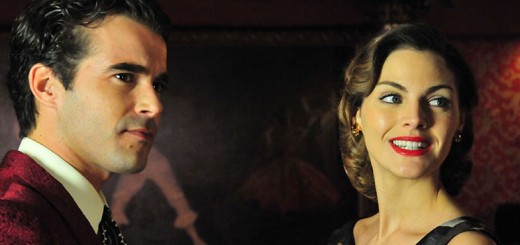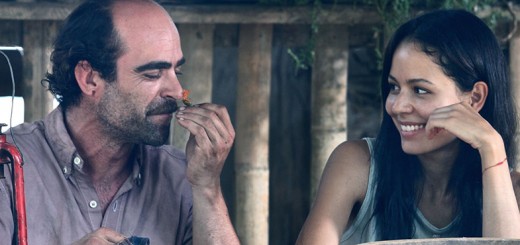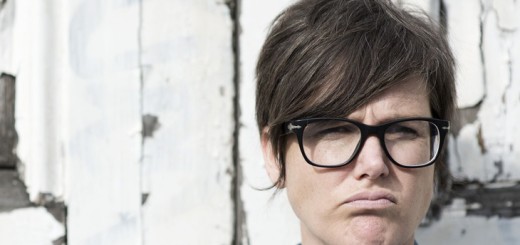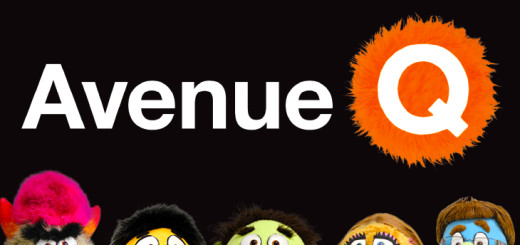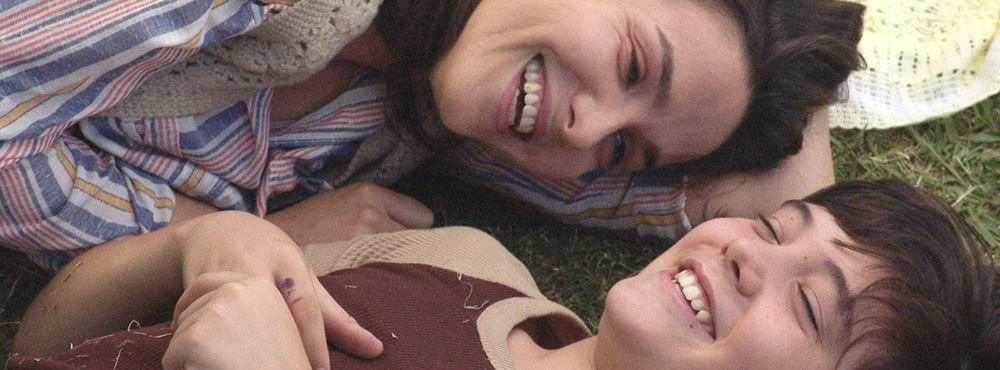
Review – Clandestine Childhood
Venue: Palace Nova Cinemas
Rotten Tomatoes: 50% | IMDB: 7.0
[The Spanish Film Festival is showing in Adelaide from the 13th -26th June. Find session times here.]
Clandestine Childhood (Infancia clandestina) is the promising debut of feature filmmaker Benjamín Ávila. This coming of age story, based on Benjamín’s childhood, is set against the backdrop of political oppression under the Argentine Junta. Juan (Teo Gutierrez Romero) is a 12-year-old boy returning to Buenos Aires with his family for the first time since the military takeover. Attending school under the alias Ernesto Estrada, he experiences his first budding romance with his friend’s sister María (Violeta Palukas); but this is a double awakening for Juan, as he comes to be more included in the dissident activities of his revolutionary parents.
The filmmaker, Benjamín, demonstrates a knack for economical pacing. He’s not shy about cutting non-pivotal scenes short once they’ve served their purpose, sometimes abruptly so, but he has the confidence to let the film linger where it needs to explore the emotional implications of key character interactions. For the most part it makes for satisfying and entertaining cinema, and if an early montage of revolutionaries sharing a meal comes across as a little sanguine, the movie is held together by strong performances. Teo Gutierrez Romero is solid as Juan, giving the character a heedless yet bewildered manner, while Natalia Oreiro sells her role as Juan’s mother with a tender, understated and believable performance. Ernesto Alterio is the absolute stand-out, though, as the charismatic and mischievous Uncle Beto. The character is a loveable one, and his scenes are the most memorable.
Not everything about this films works perfectly. An interesting choice was made, for example, to portray the most violent scenes with choppy, stylistic animations. These serve to give the action scenes a haphazard nature, as if details were lost in the rush of adrenaline, but the integration is a little off. I suspect that it was just a resourceful and creative way of managing a discrete budget, but if this was a deliberate choice I don’t think it came through in the realisation.
Clandestine Childhood offers a unique perspective on a dark period of Argentine history, but keeps a small focus to prevent those elements from overwhelming the narrative. It’s a good movie, all round, and if it hasn’t made much of a splash since its release it’s still well worth taking a look at.
[youtube=http://www.youtube.com/watch?feature=player_embedded&v=2S8VRAkXvMs&w=400]

